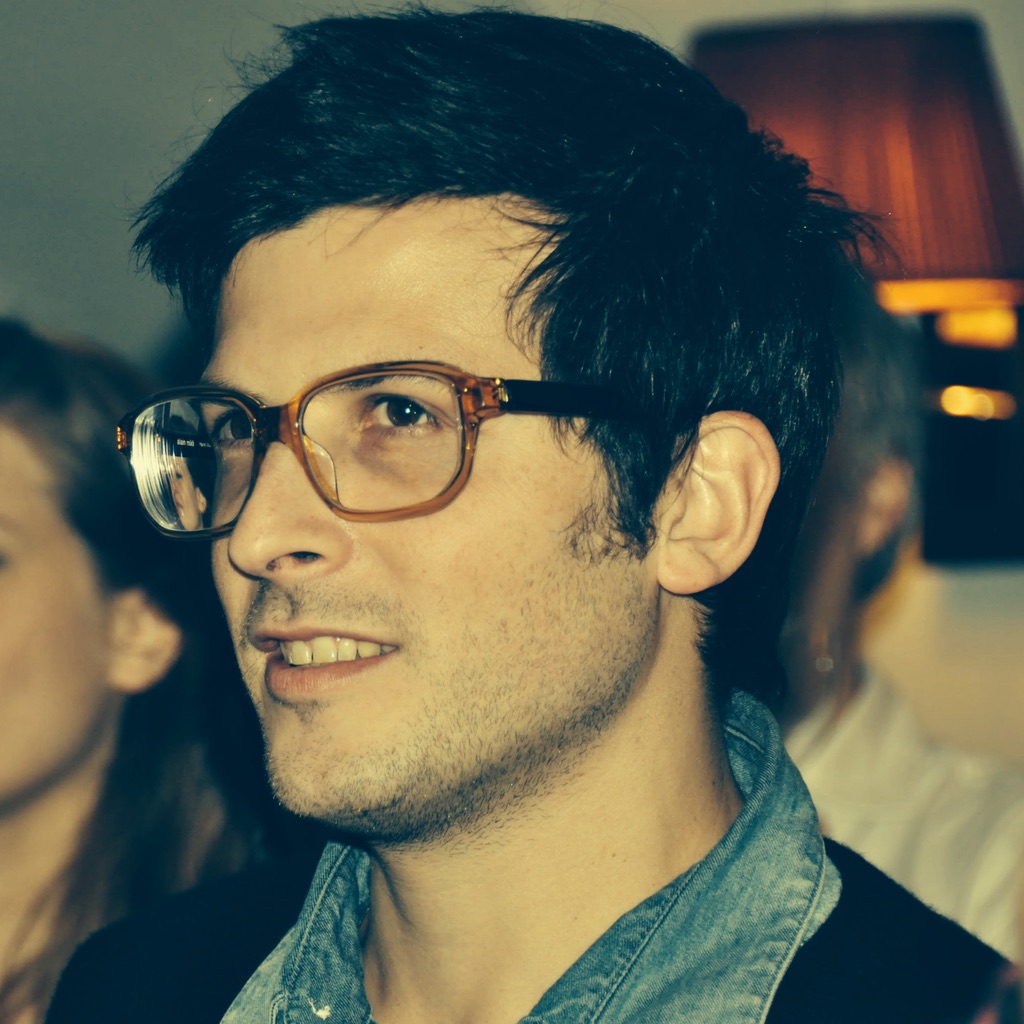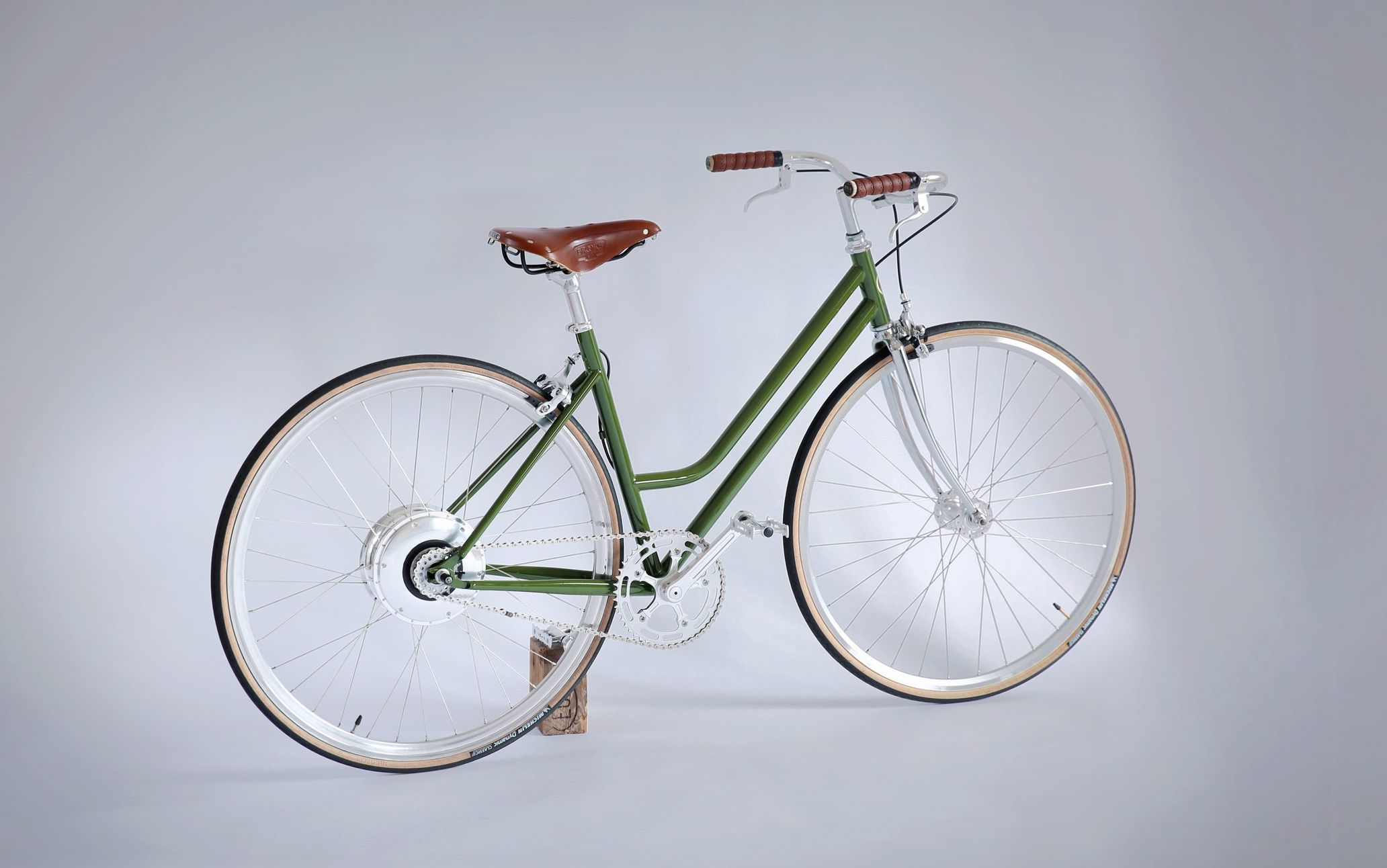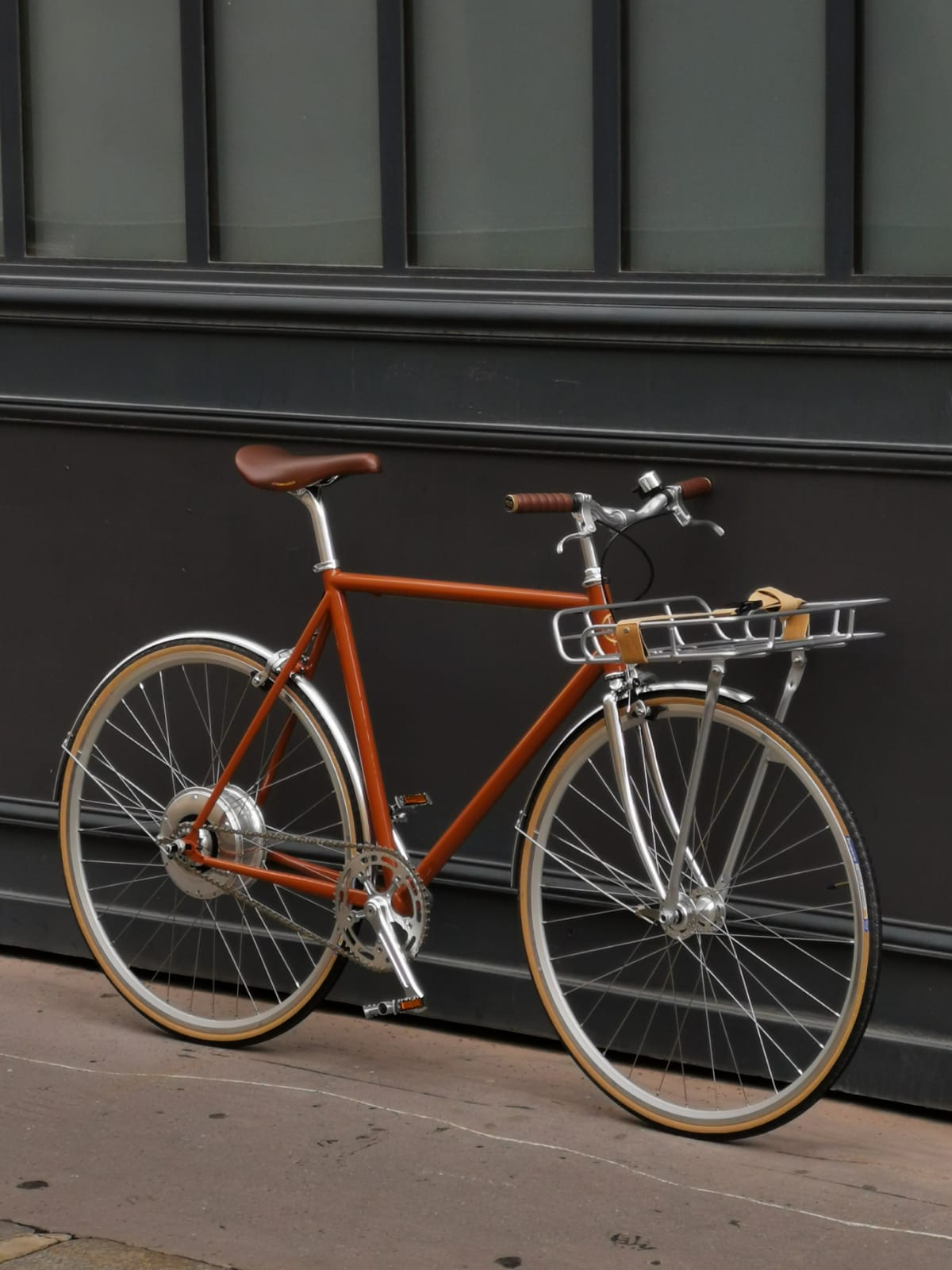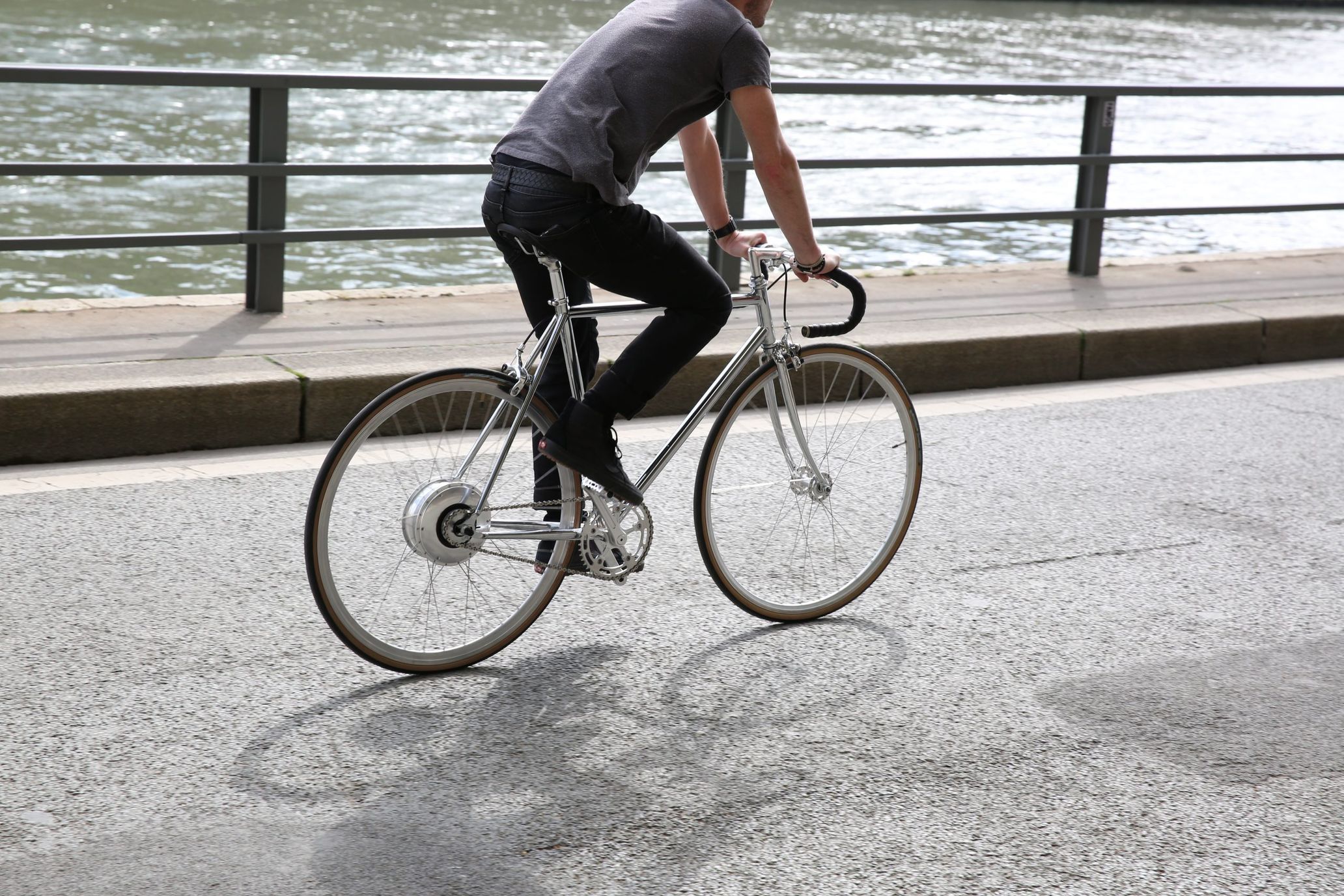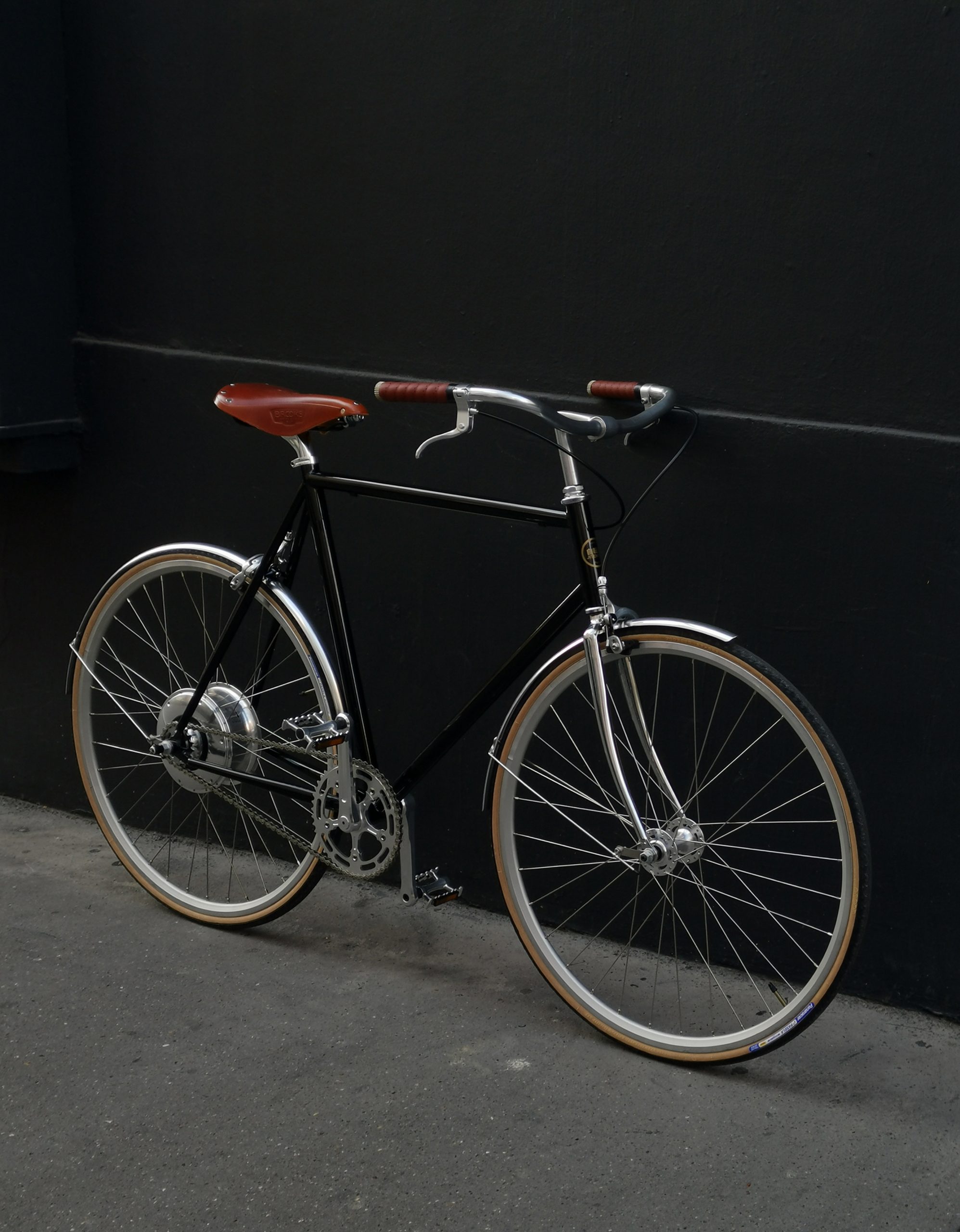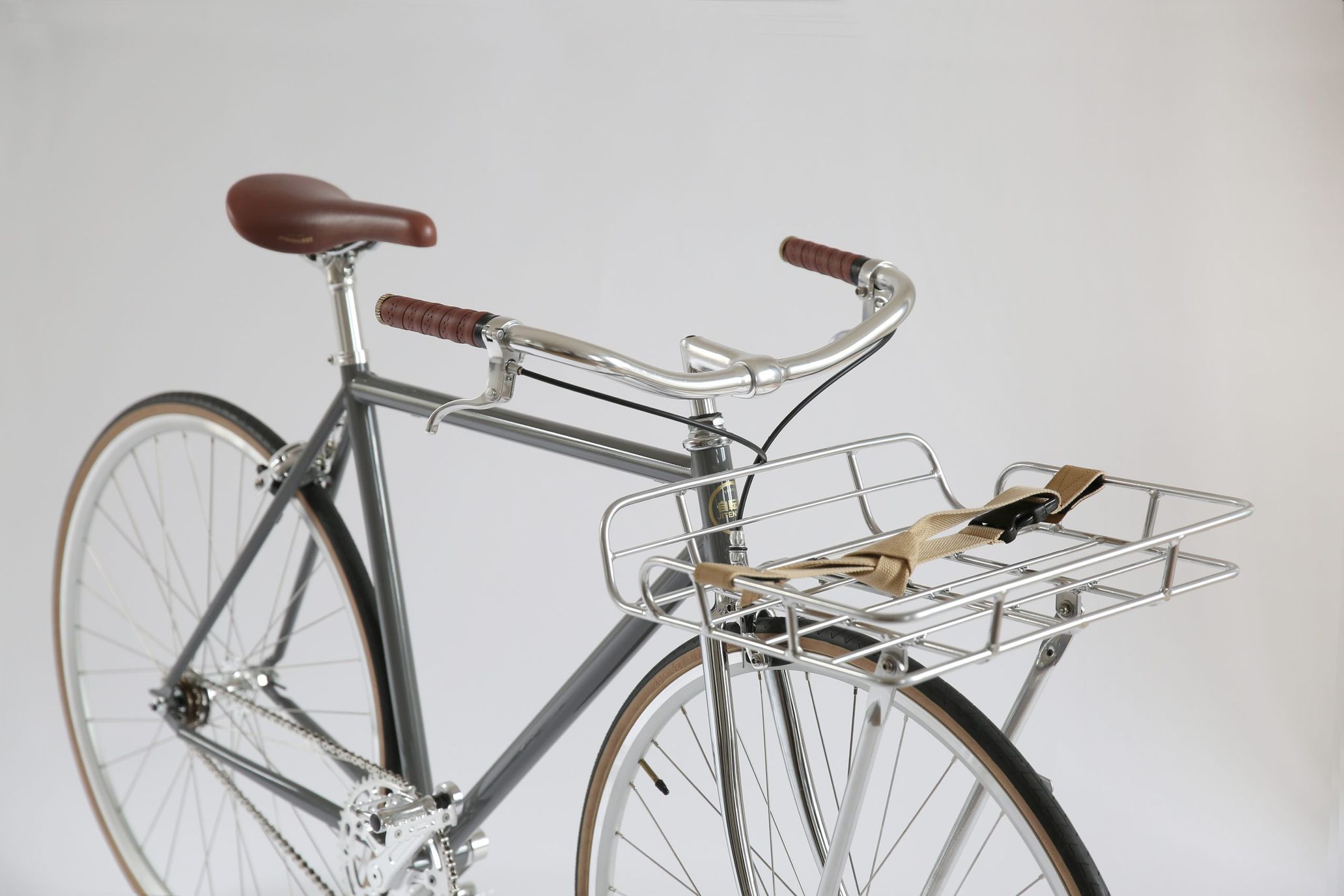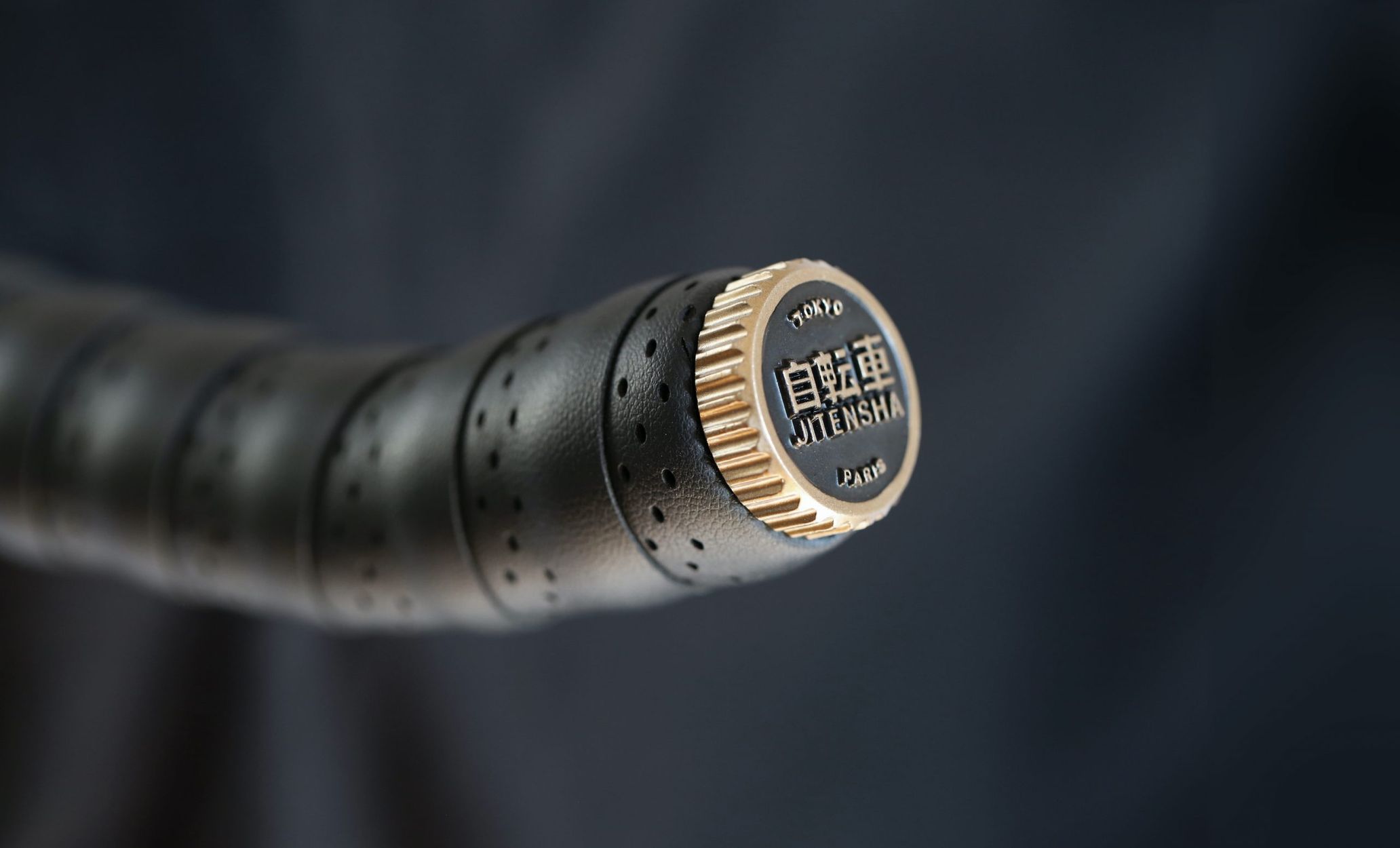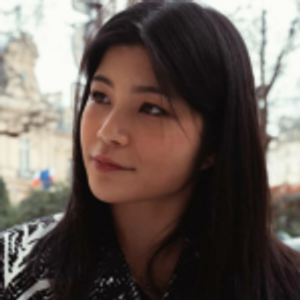Kimono, Bento, Matcha…… Japanese traditional culture has permeated overseas, and the number of cases has become a universal language. A new addition to this is the “Jitensha”: means bicycle in Japanese. The earliest thing that caught the eyes of Japanese bicycles was the French customizable urban bicycle brand called “Jitensha,” founded by Nicolas and Franck. Two long-time friends, Parisians, have been fascinated by Japanese culture and have visited there many times. Nicolas has even lived in Tokyo for two years because of his work. It is said that the most influential thing at that time was a combination of minimalism of form and extremism of looks of the bicycle, which leads to the Japanese aesthetic Wabi-Sabi. “I was attracted by the pure spirit of minimal beauty and the idea of unique custom design,” they said.
Franck, who loves Italian antique bicycles in the 1970s-90s, is in charge of creative design, and Nicolas is leading the business, started a customizable bicycle brand for urban life “Jitensha” in 2016. The concept, design, and high functionality have earned a reputation. With the pandemic of the COVID-19, the demand for bicycles is on the rise in Paris, where more and more people are using bicycles as a means of transportation. This time, I asked the two co-founders about the charm of Japanese culture and how “Jitensha” started running.
Inspired by the urban lifestyle with bicycles found in the streets of Tokyo
――What made you interested in Japanese culture?
Nicolas Baruch:On the surface, the designs of France and Japan are completely different, but I felt that they were similar in terms of essential aesthetics. As we were born and raised in Paris, Japan has an exotic charm of different cultures. Still, the spirit at the core is similar in architecture, food, product design, fashion, etc. The unique and mysterious feeling of “different yet similar” continues to fascinate us.
――Did you find the Japanese bicycle the most attractive?
Nicolas:When I lived in Tokyo from 2014 to 2016, I only took a taxi once in a while and mainly transferred by bicycle. I like the sophisticated design of all bicycles I saw in Japan, from road bikes in Keirin (bicycle race) to everyday bikes known as mamachari. My wife brought back her bike from Tokyo to France and she still rides it. Living in Tokyo was literally fun! I was impressed by the virtues of the Japanese people who show respect and kindness.
Franck:I also visited Japan many times and was inspired by the urban lifestyle with bicycles that I see in the streets of Tokyo. The bicycle is a sharp, minimal and refined design that gives you a sense of Japanese aesthetics. Not just bicycles, but poetic beauty, elaborate products, art and lifestyle are all inspiring.
――You started “Jitensha” because you were fascinated not only by bicycles but also by the whole lifestyle of Tokyo.
Nicolas:Bicycle is a great urban commute solution. Compared to the Netherlands, Denmark, Germany, where the bicycle is an integral part of everyday life, the French market is small but growing rapidly. It is an excellent way of transportation in a city center like Paris. In particular, an increasing number of people are choosing bicycles as a means of transport that can avoid denseness by taking advantage of pandemics, and the government is promoting the use of bicycles from an environmental point of view. Simultaneously, sales are increasing by 10 to 20%. I’m assumed the number of bicycle users will grow more in France as bicycle parking and lanes have been improved.
2.”TOKYO”,Kuri color frame, electric type
The brand logo on both sides of the handle is inspired by the Japanese “Hanko”
――Where did the customizable “Jitensha” concept come from?
Nicolas:I was strongly attracted to the concept of a custom-made bicycle shop on Cat Street in Omotesando, and I considered expanding it in France. However, it was difficult due to imports, so we launched “Jitensha.”
Franck:”Jitensha” is a brand anchored in the Tokyo culture and lifestyle, with the concept of personalizing unique bicycles to suit individual tastes and a minimalist design.
――What do you value in your design?
Franck:A fusion of modernity and tradition. This is one of the Japanese aesthetics I felt when I visited Tokyo. French bicycles have a long history of racing, so triangle frame bicycles are the mainstream. While following the traditional form familiar to French people, the decoration and design of the details have a contemporary and minimalist element.
There are two basic custom frames, “PARIS” is easy to straddle and rides in a straight posture. “TOKYO” is inspired by Japanese Keirin track frames. In terms of functionality, you can choose the size and single speed, double speed, or electric. You can choose from 6 to 7 types of frame colors such as matcha, kuri, and concrete, and also choose the color of the metal fittings, the shape of the handlebars, the saddle and grip, and the tires. Custom is an online order, but you can test drive samples in the Paris showroom and we communicate directly with customers over the phone. If all the parts are in stock, we built and deliver them within two to three weeks after ordering. The signature of “Jitensha” is the brand logo on both sides of the handle which is inspired by the form of Hanko (Japanese stamps).
2.“COPPER”
3.Customizable products
4.Basket of accessories
5.A signature inspired by the Japanese “hanko”.
――What are your commitments in terms of functionality?
Franck:Lightweight and comfortable to ride. In particular, electric bicycles are the lightest in the bicycle market today (about 3 kg), and even if the battery runs out, you can continue riding with the same function as a regular bicycle. You don’t need to remove the battery, it’s charged from the outlet. All bikes are designed with simple, efficient technology and high-quality parts for long rides with low maintenance. Components are carefully selected and ordered from all over the world, so even if they break down or are lost, they can be replaced with new ones.
――It’s been four years since the brand was founded. How has the customer’s reaction been?
Nicolas:Our customers are satisfied with the bicycle and it brings pleasure to us. After purchasing for themself, some customers choose for their family and partners, and I’m pleased to hear the beautiful family stories.
――Please tell us your future prospects.
Nicolas:The community of “Jitensha” continues to expand steadily, so I would like to continue to provide bicycles to as many people as possible. When I can travel freely, I would like to go to Japan and develop other products. In Japan, there are many things I want to do, such as watching art at 21_21 DESIGN SIGHT, going to the garden of the Nezu Museum, and eating a lot of Gyoza!
Franck:I hope to develop more of our favorite products in France, such as Japanese kitchen tools, whiskey and books. For that reason, I am looking forward to resuming my trip.
Nicolas Baruch
Born and raised in Paris. He has lived in many cities around the world, including Japan, and has experience in various cultures. He is an entrepreneur who runs international brands and founded “Jitensha” in 2016 with his friend, Franck.

